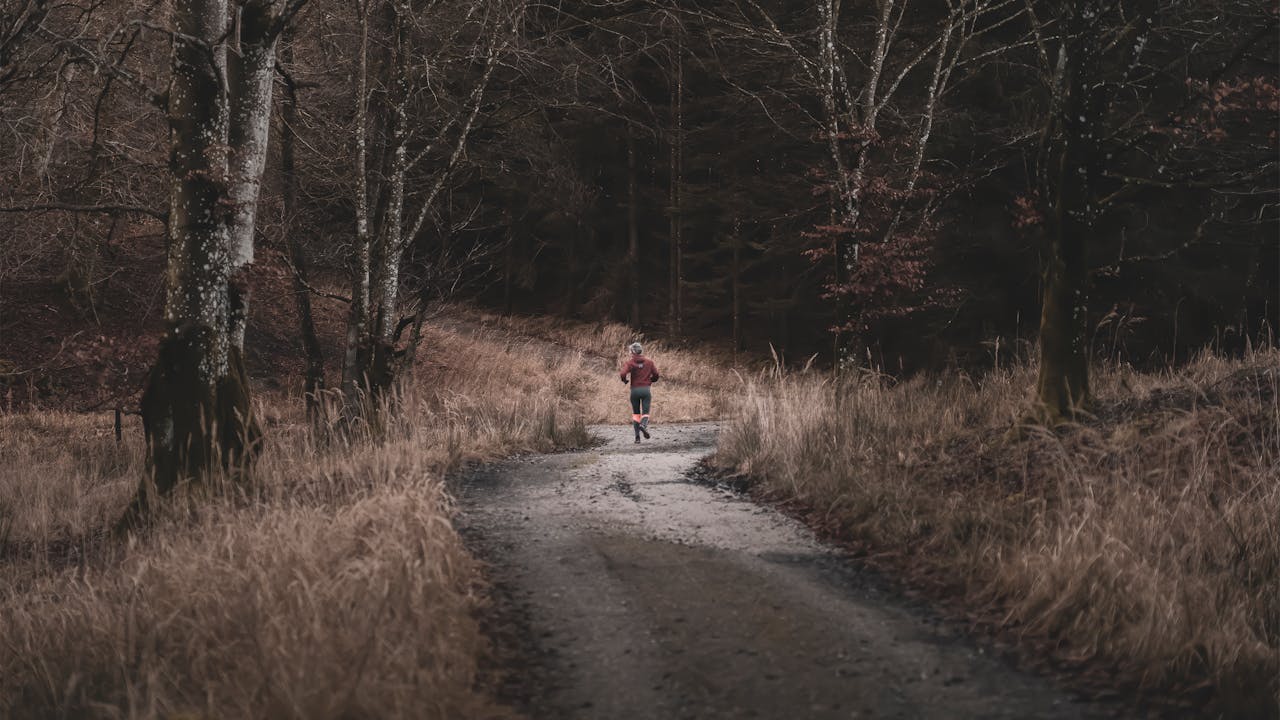As more and more people are talking about ways to cope with mental health, writing has become a popular option. This is not surprising since writing allows us to escape into our world, a world we can freely explore and control without fear.
My grandfather was shot when I was 15 years old.
It was a normal day at school. My physics teacher was droning on, and I was barely paying attention.
I couldn’t get rid of the feeling that something terrible was about to happen.
Then, my phone rang.
It was my mum. She never called while I was at school, so I instantly knew something bad had happened.
With my heart pounding in my chest, I answered the phone.
‘Your grandpa was shot by some robbers,’ she said.
My whole world stopped. Everything that happened afterwards was a blur.
But I do remember two things: first, going to the hospital and seeing my grandpa lying in that bed, looking so small and vulnerable. Secondly, I remember that on that awful day, writing became my shelter from despair.
My grandfather survived, and so did my sanity. Despite the fact I’ve been writing since I can remember, it was only on that day I realised that writing is an excellent coping mechanism.
Journaling, for example, has become popular in the last few years because writing about what’s on our minds has been proven to relieve stress and anxiety.
Creative writing can also help our well-being. What’s more, whatever we’re dealing with can inspire us.
Acclaimed author J. K. Rowling was inspired by her depression to create the dementors for her Harry Potter Saga.
Sylvia Plath used her mental health issues to create Esther, the main character in her 1963 novel, The Bell Jar.
I learnt three lessons from my experience on that day.
Don’t Think. Just Write.
Do you have a piece of paper and a pen? Great. Oh, do you prefer typing on your laptop? Brilliant. Now you have everything you need to write.
Don’t overthink it. We all know first drafts are not the best. If you start writing with the idea that your draft has to be perfect from the beginning, your creativity dies.
In his book On Writing: A Memoir of the Craft, Stephen King says, ‘The scariest moment is always just before you start.’ So just start writing.
It doesn’t matter if it’s bad or it doesn’t make any sense. Just let the words out.
Write Without Fear
In her book Writing Down the Bones: Freeing the Writer Within, Natalie Goldberg says we should dive into what’s scary or naked if that comes up in our writing.
Maybe you are dealing with issues like depression or anxiety, and you create a character who is experiencing those same issues. Maybe it’s scary when the story becomes too personal. You are sharing a part of yourself for the whole world to see, and that can be frightening because you are exposing yourself.
But you don’t know who you could help with your authenticity, so don’t be scared to be raw and real with your words.
Have a Writing Routine
And don’t have one at the same time.
Confused? Ok, let me explain.
That day I felt my world was falling apart I NEEDED to write.
Don’t get me wrong; I’m all for having a daily writing routine, especially because it can be incredibly helpful if you haven’t written anything in a while or you are second-guessing yourself and your writing abilities.
But inspiration sometimes hits us when we least expect it, so do yourself a favour and carry a notepad with you everywhere.
Who knows? The next great literary work may come from it.
About the Author

Danni Perdomo is a UK-based writer with an overthinking problem that she (somehow) manages to use to her advantage to write articles. She loves to write about mental health, well-being, introversion, and personal development. When Danni is not writing, you can find her reading books in one sitting, listening to old-school rock or baking too much for her own sanity.












